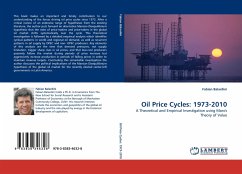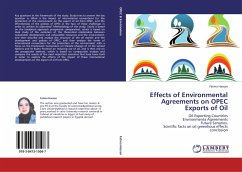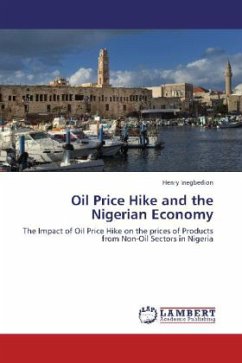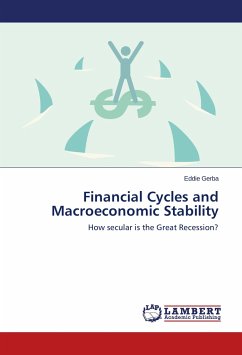
Oil Price Cycles: 1973-2010
A Theoretical and Empirical Investigation using Marx's Theory of Value
Versandkostenfrei!
Versandfertig in 6-10 Tagen
39,99 €
inkl. MwSt.

PAYBACK Punkte
20 °P sammeln!
This book makes an important and timely contribution to our understanding of the forces driving oil price cycles since 1973. After a critical review of an extensive range of hypotheses from the existing literature, the author puts forward an alternative Marxian Disequilibrium hypothesis that the roles of price-makers and price-takers in the global oil market shifts systematically over the cycle. This theoretical investigation is followed by a detailed empirical analysis which identifies cyclical patterns in world and regional oil demand, as well as recurrent patterns in oil supply by OPEC and ...
This book makes an important and timely contribution to our understanding of the forces driving oil price cycles since 1973. After a critical review of an extensive range of hypotheses from the existing literature, the author puts forward an alternative Marxian Disequilibrium hypothesis that the roles of price-makers and price-takers in the global oil market shifts systematically over the cycle. This theoretical investigation is followed by a detailed empirical analysis which identifies cyclical patterns in world and regional oil demand, as well as recurrent patterns in oil supply by OPEC and non- OPEC producers. Key elements of this analysis are the view that demand pressures, not supply limitation, trigger sharp rises in oil prices, and that low-cost producers passively follow the market during periods of price increase but aggressively increase production in periods of falling prices in order to maintain revenue targets. Concluding this remarkable investigation the author discusses the political implications of the Marxian Disequilibrium hypothesis of the global oil market for the recently elected center-left governments in Latin America.














